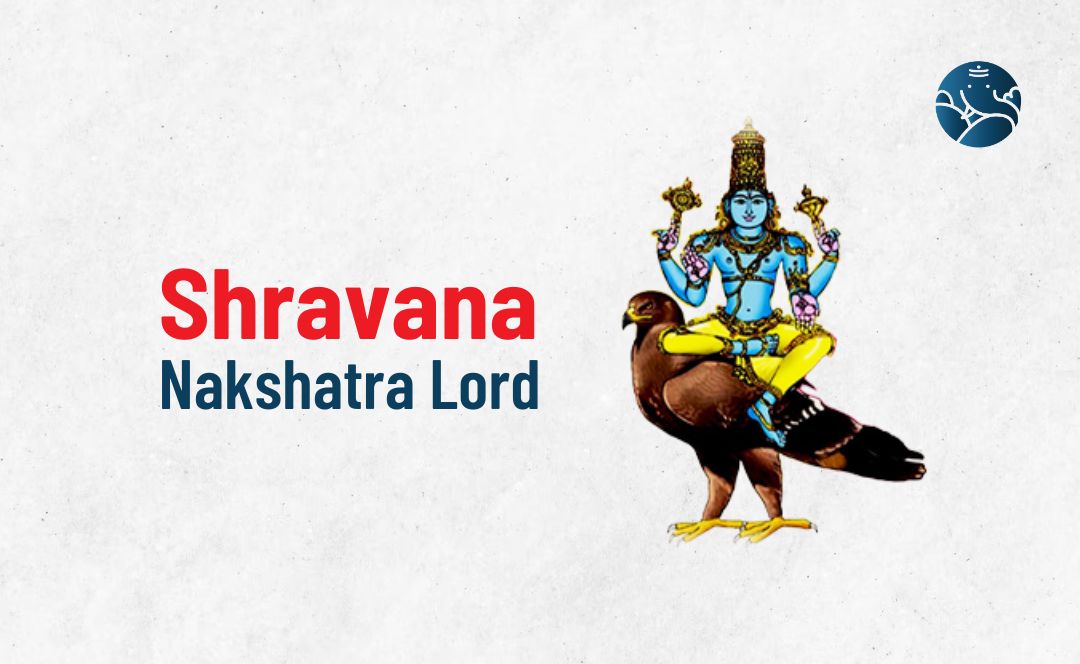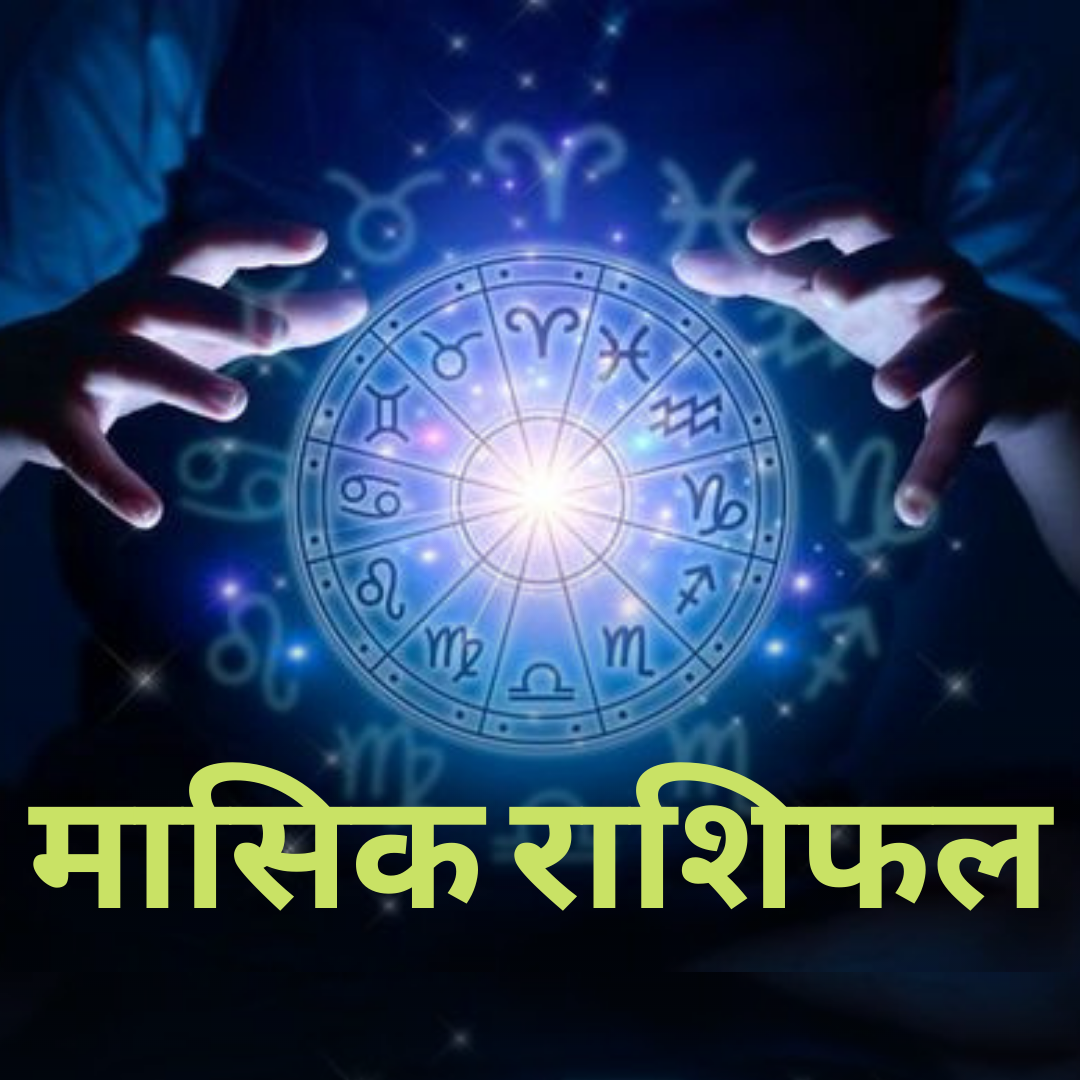
Tulsi Vivah Katha - Spiritual Vibes
The Hindu festival of Tulsi Vivah is an important and auspicious occasion celebrated in India and other parts of the world. It symbolizes the symbolic marriage ceremony between the holy Tulsi plant and Lord Vishnu or Lord Krishna. The festival is celebrated on the 11th day of the Hindu month of Kartik, which usually falls in October or November. It has great significance in Hindu mythology and is celebrated with great enthusiasm and devotion by devotees.
Tulsi Vivah Story
The story described in Skanda Purana, Padma Purana, and Shiva Purana is something like this: In ancient times, there was a demon named Kalanemi. That demon had a gorgeous and radiant daughter, whose name was Vrinda.
Despite being an Asura daughter, Vrinda was pure in body and mind and an ardent devotee of Lord Vishnu. When Vrinda became young, her father Kalanemi consulted Guru Shukracharya and as per his advice, got Vrinda married to an Asura named Jalandhar, who was born from the anger and darkness of Lord Shiva.
Jalandhar was a very powerful Asura, because he was a part of Lord Shiva, and was invincible due to the devotion of his wife Vrinda towards her husband. When the Samudra Manthan (churning of the ocean) took place, Jalandhar was not satisfied with its result. In anger, he attacked the Devas snatched the heaven from Devraj Indra, and took it under his control.
After some time, Sage Narada went to heaven to meet Jalandhar and started describing the beauty and qualities of Goddess Parvati to him. Hearing about Goddess Parvati, Jalandhar decided to make her his consort and with this idea challenged Lord Shiva to attack. Shiva knew that at this time Vrinda's devotion to her husband was protecting Jalandhar, so it would be very difficult to defeat her.
On the other hand, Vrinda sees an ominous nightmare in which she sees her husband sitting on a buffalo, roaming under the dark sky. The sun present in that dark sky was eclipsed. Frightened by this dream, she sits down to perform Akhand Anushthan to save her husband's life.
When Lord Shiva comes to know about Vrinda's penance, he requests Lord Vishnu to help him kill Jalandhar.
As long as Vrinda was performing the ritual, Jalandhar could not be harmed, so Lord Vishnu took the form of Jalandhar and went to Vrinda and told her about the victory in the war. Vrinda could not understand this trick and, pleased with her husband's victory, ended the ritual right there.
By accepting Lord Vishnu in the form of Jalandhar as her husband, Vrinda's pativrata dharam was broken, and due to the breaking of this vow, the protection that Jalandhar was getting also diminished.
Lord Shiva was prepared for this moment, and as soon as this happened, he killed Jalandhar and freed all the gods from his tyranny.
But Vrinda! What about her? She had followed all her dharma with utmost devotion. Hearing the news of her husband's death, and seeing Lord Vishnu in his true form as Jalandhar, Vrinda becomes very upset. At that time, her anger knew no bounds, and in this separation from her husband, she cursed Lord Vishnu, “Just as I am suffering the pain of separation from my husband, in the same way, you will also be separated from your wife Maa Lakshmi, and you will also have to bear this pain.
Your stone heart did not think about my pain, so you will become a stone.
Lord Vishnu understands the pain of a woman burning in anger and gives a boon to Vrinda, “My form which will turn into stone due to your curse, you will marry the same stone in your next birth. You have performed your dharma well, so you will reside in the house of every religious man, and you will be worshipped there. Your purity will be unbroken in every birth, and you will always have a special place in my heart. Any puja and ritual performed for me will not be considered complete without your presence.”
Hearing such words from Lord Vishnu, the flames of Vrinda's anger cooled down, but she burnt herself in the sorrow of separation from her husband.
From the ashes of Vrinda's body, a plant was born, which came to be known as Tulsi. Since then Tulsi i.e. Vrinda has been the favorite of Lord Vishnu in every birth.
The date on which Tulsi was born was Prabodhini Ekadashi, hence every year on this date, the marriage of Tulsi and Shaligram Ji is performed.
Conclusion
Tulsi Vivah has immense spiritual significance in Hinduism. The Tulsi plant is considered holy and auspicious in Hinduism and is often worshipped as a symbol of Goddess Lakshmi. By marrying the Tulsi plant, devotees also ask for the blessings of good health and long life. By performing this ritual, one is blessed with a happy and prosperous married life. This festival also signifies the importance of devotion and trust in a relationship with one's partner. If you want to know more about Tulsi Vivah Katha, you can talk to Jyotish.









